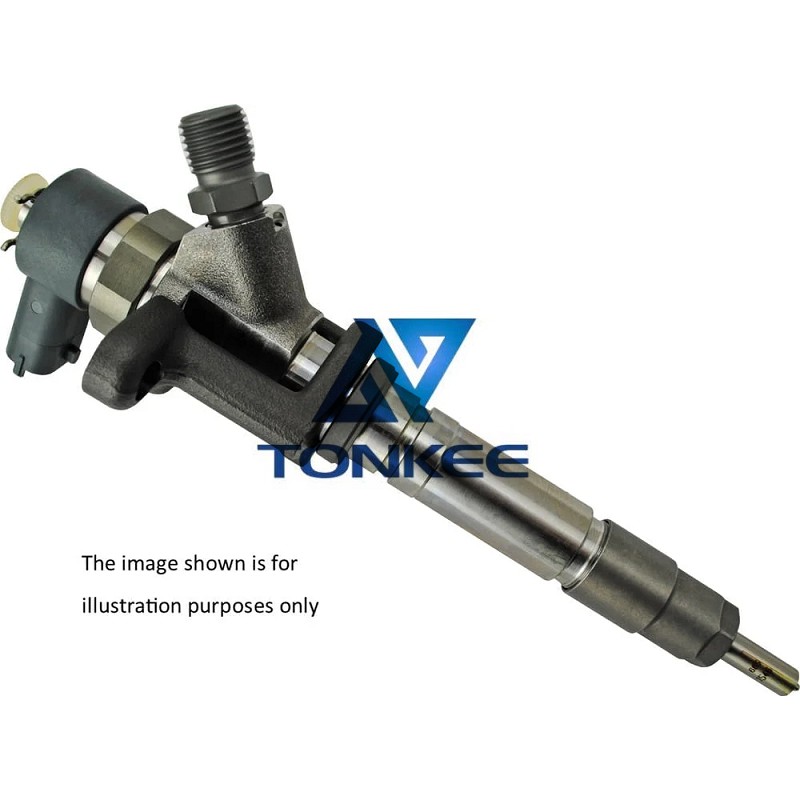
Injector Type: Common rail diesel injectors are designed for use in diesel engines across various applications, including automotive, industrial, and marine engines.
Flow Rate: The flow rate of an injector determines the amount of fuel it can deliver to the engine's combustion chamber. The specific flow rate may vary between injector models and is typically measured in cubic centimeters per minute (cc/min) or milligrams per stroke (mg/stroke).
Fuel Injection Pressure: Common rail systems operate at high injection pressures, often ranging from 1,800 to 2,500 bar. High-pressure injection is essential for achieving optimal atomization of fuel, resulting in efficient combustion and reduced emissions.
Nozzle Design: The nozzle is a critical component that sprays fuel into the combustion chamber. A well-designed nozzle ensures precise fuel delivery and contributes to clean combustion and reduced emissions.
Materials: Common rail diesel injectors are constructed using durable and corrosion-resistant materials to ensure longevity and reliable performance under challenging operating conditions.
Precision and Durability: These injectors are known for their precision in fuel delivery, which leads to efficient combustion and improved fuel economy. Their robust construction ensures durability and resistance to harsh environments and high temperatures.
Compatibility: Common rail injectors are designed to be compatible with a wide range of diesel engines, making them suitable for various applications, including passenger vehicles, trucks, and industrial machinery.
Emission Control: Precise fuel delivery in common rail systems contributes to lower emissions, complying with stringent emissions regulations and environmental standards.



 English
English Русский язык
Русский язык



